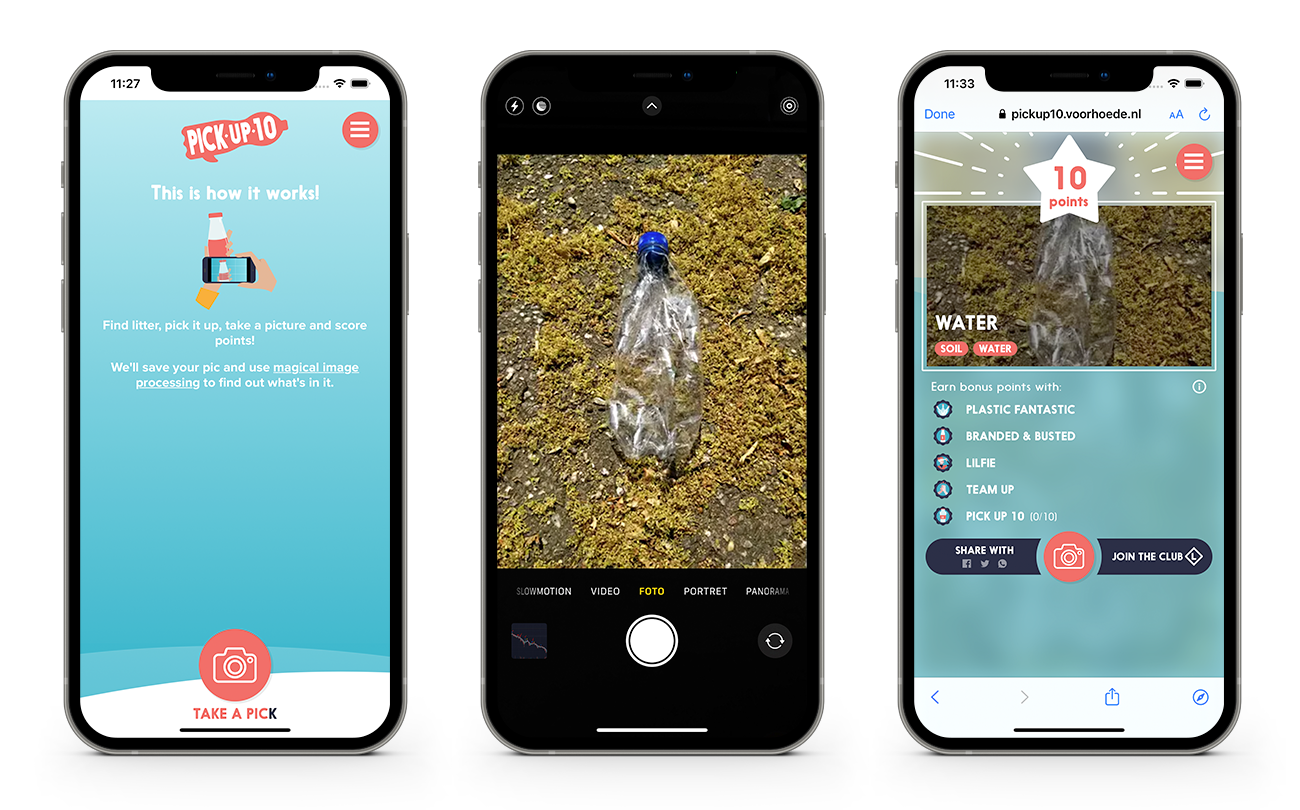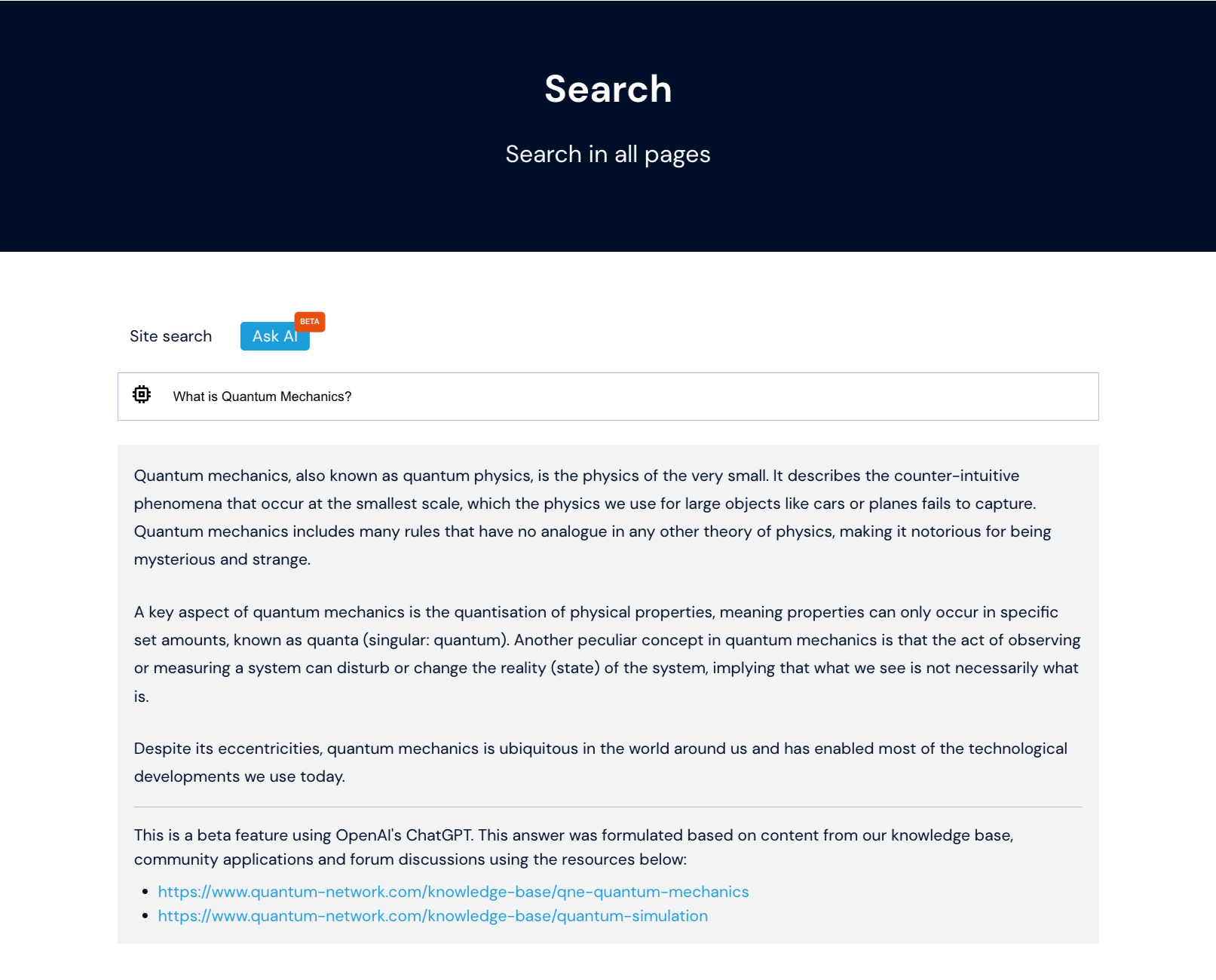Digital Products with Responsible AI
Digital Products
Responsible AI
Using artificial intelligence in digital products has both high potentials and risks. By minding data, bias, accountability and oversight you can use AI for good.
Since the launch of ChatGPT the use of AI has become mainstream. AI has been in the making for over 50 years. Recent developments in computation power have made it possible to do machine learning at scale, consuming the world’s data, training large models like OpenAI’s ChatGPT, Google’s Gemini, Midjourney (images), Udio (sound), Runway (video) and many others. While some AI experts call for a pause, the AI genie is out of the bottle and it won’t go back in. So the main question is, given that AI will be part of our everyday life, how do we make sure it’s used responsibly?
Playing this video requires sharing information with YouTube.
https://www.youtube.com/watch?v=Dxo4hvnBGDs&t=1sWhat defines responsible AI?
The need for AI regulation is widely recognised. Both governments and big corporations are defining their own responsible AI frameworks. For example the EU AI Alliance is developing abstract ethics guidelines for trustworthy AI that emphasis lawfulness, ethics, and robustness. Microsoft's responsible AI principles focuses on the same topics with clear and practical procedures and requirements for validating responsible AI use.
Inspired by those guidelines and based on our own experiences, we created a simplified set of key indicators that reflect our pragmatic approach to software development while making sure all aspects of implementing AI responsibly are warranted:
Transparency: Is the use of AI clearly communicated to users? We verify that AI-powered features are explicitly labelled and that users can easily access information about how AI is used in the product.
Data handling: Are data collection and usage practices ethical and compliant? We ensure that AI models are trained on properly sourced data and that user data is handled with utmost care and in compliance with regulations like GDPR.

Bias mitigation: Are steps taken to identify and reduce bias in AI systems? We evaluate AI models for potential biases and implement strategies to minimise unfair outcomes.
Human oversight: Is there a mechanism for human review and intervention? We verify that critical AI decisions have human oversight and that users can contest AI-driven outcomes when appropriate.
How are you handling AI?
How to get started with responsible AI?
Implementing responsible AI in your digital products is a crucial step in ensuring ethical and beneficial technological advancement. Whether you're just beginning to explore AI integration or looking to improve existing AI-powered features, there are practical steps you can take to align your development process with responsible AI principles. Here are some key strategies to help you embark on your responsible AI journey:
Adopt AI ethics guidelines. Start by committing to a set of AI ethics principles. This will help in selecting AI services or deciding to roll your own and implementing them properly. Hugging Face provides model cards and dataset cards that inform you how they were created, their bias, privacy concerns, societal impact and carbon footprint.
Select responsible AI models and services. Prototyping with popular services like OpenAI’s GPT works well. For production level solutions we advise selecting open source AI models and tools (on platforms like Hugging Face), developing own models (with tools like Tensorflow) and hosting your own solutions.
Prioritise data privacy. Implement strong data protection measures, minimise data collection (only collect what is needed, and anonymise everything), and be publicly transparent about how user data is used in AI systems.
Provide user control. Give users options to opt-in to AI-powered features (and offer alternatives), contest AI decisions, and understand how AI impacts their experience.
Invest in AI literacy. Educate your team and users about AI capabilities, limitations, and ethical considerations. This fosters responsible development and informed usage.

Up to 10% impact discount
We’d love to help you make an impact. If you commit to responsible AI in your digital product, you’re eligible for our impact discount. Want to know more?

Contact us for more information
Our specialists can help you make the right discions for working with responsible AI. Let's discuss the possiblities in a meeting.